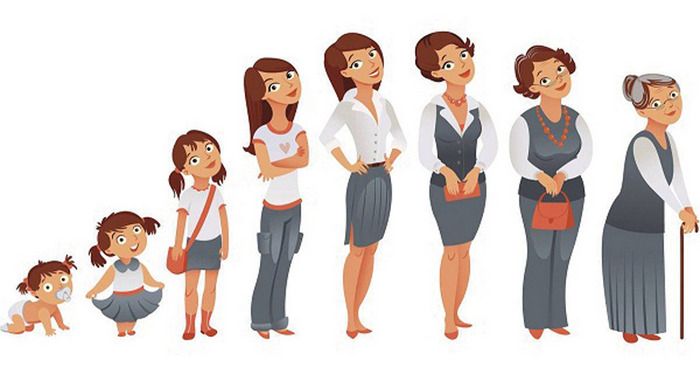When Do We Get Old?


Who is old? What does old mean? Who decides that you are old? Who do you identify as old? When do you start being old?
Is it age? Do you automatically become old the day you retire from your job? Some people retire at 55, 60 or even 70. Can it be when your hair starts to grey? Yet, I have a friend who went prematurely grey in her thirties.
Or maybe it’s the day you become a grandparent. A girlfriend of mine became a grandmother when she was 45; does that classify her as old?
Ageing is a process; it does not happen overnight. You cannot be young one day and suddenly turn old the day you receive your first pension or when your daughter gives birth. So how do you describe this ageing phenomenon?
My grandmother did not become old until she turned 90, while my mother decided she was old at 75. They self-selected when to be old. Meanwhile, my girlfriend who has a form of rheumatoid arthritis self-identified as old when she was only 55. So, it is possible that old is when you need assistance with certain activities and realise that you are slowing in your performance. A 70-year-old friend said, “I can’t believe how much longer it’s taking me to walk to the office each morning. I used to be such a fast walker.” Is she now old?
I am certain that my toddler niece considers me as old, while my peers tell me how young I look. Maybe that is the answer. Old, like beauty, is in the eye of the beholder.
Could old be a socially-constructed category? What old means to me may be different from what old means to you. Wong, in his late 70s said, “It’d be easy if you’re to ask me a general view on ageing. You’re asking me my personal experience on ageing. I must reflect on this.” His biggest regret in life, he intimated, was conforming to society’s expectations. He feels that he had never been truthful to himself, having plodded along to what is expected of him. Even at his age, he feels that he is still conforming and is not liberated.
Can old be so complicated? It appears that old is defined so widely differently by individuals, perhaps influenced differently. Why is it that more often than not old age is treated homogeneously?
We start ageing the moment we are born and the more we age, the more we experience our own individual lives, the more diverse we become. Our individual lived experiences then may be the only key to determining when each of us is old.
Are you old? If so, when did you become old? If you are not old, what makes you see someone else as old? Why do you think a society’s definition of old is important?
Perhaps, as a starting point, there could never be a simple definition of “old age”. Ageing or old age is a meaningful social experience shaped by different social groups in different social situations. To understand this, it helps to look at ways in which social, economic and political institutions together with cultural values are created and sustained by people. We all exist in particular times and places and are, therefore, subject to the social influences of our past, our contemporaries and our futures.
Does ageing begin at birth? Why then is it viewed as a separate period from people’s life? Why are the “senior citizens” different from the rest of the citizens?
As stated earlier, we do not suddenly become old. We are not suddenly “reborn” on our sixtieth birthday. Aren’t “senior citizens” no different than the rest of the citizens? That cranky old lady did not suddenly turn cranky at sixty. She was probably cranky throughout her life. The cheerful grandmother was probably a cheerful mother. Are we all not prisoners of our past, so to speak? As varied are the adolescents, so are the older adults. The variety of ways of being “old” is as different as the ways of being in one’s “prime”.
So, what is “old”?
Cecilia Chan


